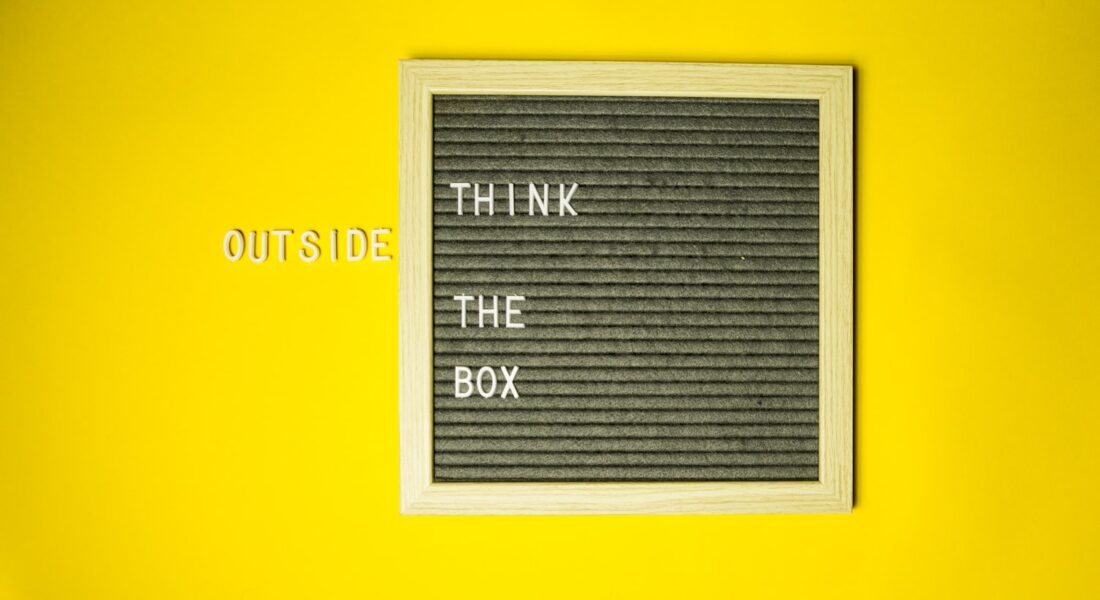Pamela Meyer is a well-known and well-respected deception detection expert. She is a Certified Fraud Examiner (CFE) and holds an MBA from Harvard. Over twenty years ago, she wrote a bestseller on the topic called Liespotting: Proven Techniques to Detect Deception. It continues to be one of the
Read more →To be an effective interviewer, you must be a good listener! Witnesses, job applicants, coworkers, family members and friends know when you are not listening / paying full attention to them. This can cause a negative emotion, and it has a definite impact on how someone answers
Read more →Good interviewers certainly must ask the right questions, but they also must think about the answers in terms of what is said, what is not said and what they observe. If you follow this approach, you will have a much better chance in detecting deceptive responses and
Read more →Learning to distinguish between natural and unnatural nonverbal behaviors is a critical skill-set for effective interviewing. Over 140 years ago, Charles Darwin postulated that mammals reliably show emotion in their faces, and over 50 years ago psychologist Paul Ekman, confirmed Darwin’s theory with his studies relating to
Read more →As someone who conducts interviews for a living, you are a student of human behavior, and you know that interviewing is an art not a science. Since each interviewing event is unique, how do you know when to change your own approach in an effort to dig
Read more →Whether conducting pre-employment screening, a claims investigation, a deposition or another formal inquiry to validate information, the first contact sets the tone of the relationship. Therefore, every effort should be made to ensure that it is positive. At the same time, understand and appreciate that you will
Read more →The ultimate goal of any interview is to gather information and determine its validity. In that regard, did that candidate for a job, that witness under oath, that claimant or that suspect / person interest provide truthful responses to your questions? The following ethical techniques should help
Read more →If you are a student of the art who continually wants to improve your ability to conduct increasingly effective interviews, I recommend that you experiment with different techniques whenever possible. Add those that work to your tool box. Find ones that work best with your personality style,
Read more →This follows and supplements prior Newsletters and offers more tips for successfully conducting ethical, nonconfrontational interviews. As a student of the art, you should try out these and other techniques to see what works best for you. One size does not fit all! And, if you are
Read more →Previous Newsletters have described the downside of employing confrontational interviewing / interrogating techniques while offering more effective and ethical approaches. As a student of the process, you already understand that it is an art not a science and that you learn by doing. Herein below find some
Read more →








